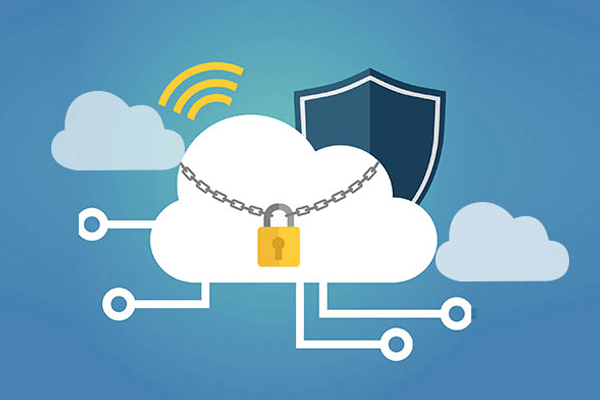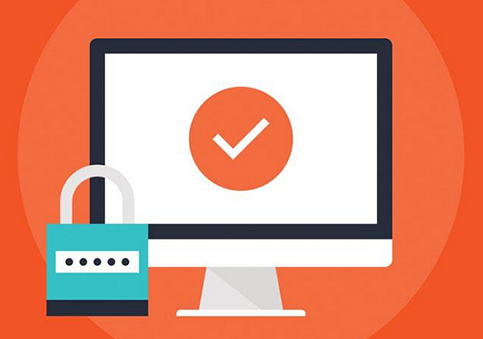What Is Zeus Trojan Malware?
Updated on October 11, 2022, by Xcitium

First detected in 2007, Zeus is a malware tool kit that runs on Windows version also known as Zbot, and enables the hackers to generate a new trojan horse.
Trojan horse looks genuine on the internet, but in reality it’s a dangerous malware. This enables non-programmers to buy Zeus in the black market and perform cybercrimes against their target victim. Per the 2010 reports, a Zeus package starts at about $3,000 and if there is a requirement of any extra modules, it goes up to $10000.
What is Zeus Trojan? It is used to gain access to banking credentials through keystroke logging, man-in-the-middle attacks, it is also deployed to install the CryptoLocker ransomware.
What Zeus Virus Does To Computers?
Zeus has two key capabilities:
It creates a botnet by a secretly formed network of corrupted machines controlled and monitored by a command and control server and a malicious author. The malware author typically steals an enormous amount of information and also performs attacks on a large-scale.
Zeus behaves as a financial service Trojan developed by the hackers to steal banking details from infected devices. The malware author performs the attacks through keylogging and website monitoring, which enables the malware to identify when the user is on a banking website so it can document the keystrokes used while logging in. The trojan then escapes the existing website security as the login keystrokes were already recorded once the user attempts to enter the banking website.
There are a range of Zeus variants that can affect mobile devices, in an attempt to gain access to two-factor authentication.
Initially, Trojans only affected computers that run on Microsoft Windows OS, however, the latest versions have evolved to attack and infect Android devices, Symbian and Blackberry devices. The Malware author unveiled the source code of Zeus to the public in 2011. This gave way to the creation of new variants of the Zeus Trojan.
How The Zeus Virus Infects Computers?
The Zeus Virus is comprised of two key techniques of infection
- Drive-by-downloads
- Spam Messages
Drive-by-Downloads
Malware authors attempt to infect websites by inserting the Zeus code into a website that the users trusts to be genuine. The malware gets installed into the website when the user enters the website.
Spam Messages
Hackers or cyber criminals send spam messages through phishing emails, and malicious social media campaigns that intend to spread malicious infection through messages and social media posts. The emails look genuine and when users click on the link in the message or email, they are redirected to a malicious website. Zeus is robust and efficient, and is configured to gain access to social media and email login details enabling the malicious botnet to send spam messages from genuine sources hence the scope of infecting the victims go high.
Who Is The Zeus Trojan Targeting?
Any Windows user can be a victim of the Zeus botnet. Zeus has infected a huge amount of PCs with different versions.
Since its inception, Zbot has been leveraged to steal confidential data from The Bank of America, US Department of Transportation, NASA, and private companies like ABC, Oracle, Amazon and Cisco.
How To Prevent The Zeus Trojan Using Xcitium Advanced Endpoint Protection?
Endpoint Protection delivers complete protection, even against the most threatening zero-day and unknown threats. Xcitium Advanced Endpoint Protection (AEP) features Default Deny Security with Default Allow Usability. This solution denies unknown suspicious files from running on a virtual container called the sandboxed environment, where the unknown files are executed without affecting the user experience. IT and security management platform assists devices of the OS (Linux, Windows, Linux, Android, OSX, and iOS devices that are inter-linked to all the physical and virtual networks.
It is essential to understand the key features of a security product – to decide if the product is all good to match your business requirements. Choosing and identifying the right and reliable product is certainly a main criteria to provide complete protection to the endpoints. To fend of the brute forces it is essential to equip the security arsenal with Xcitium Endpoint protection as it integrates some of the future-proof security techniques like default deny solution, along with containment technology to deliver protection and absolutely deny malicious activities.
See Also:












